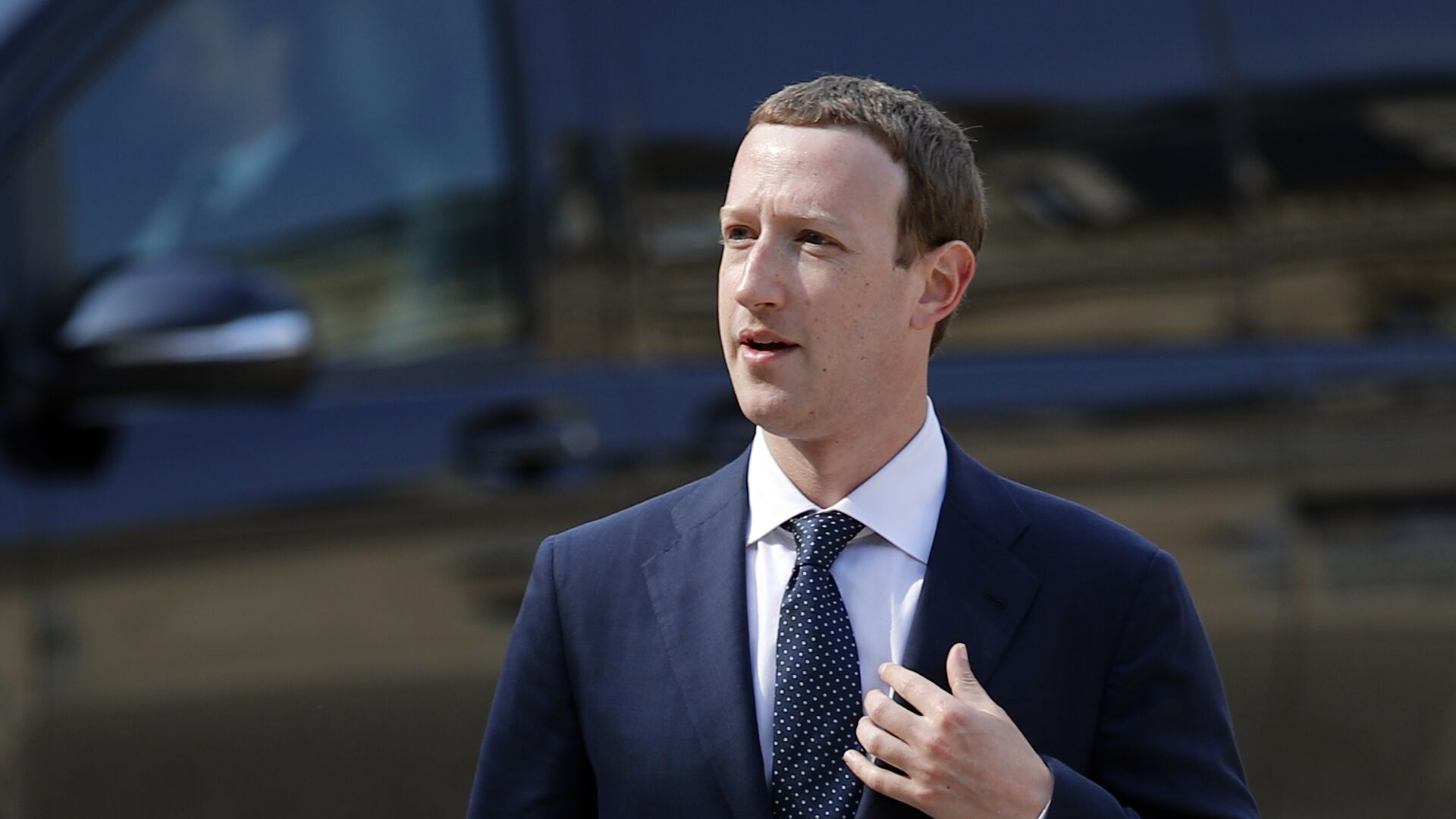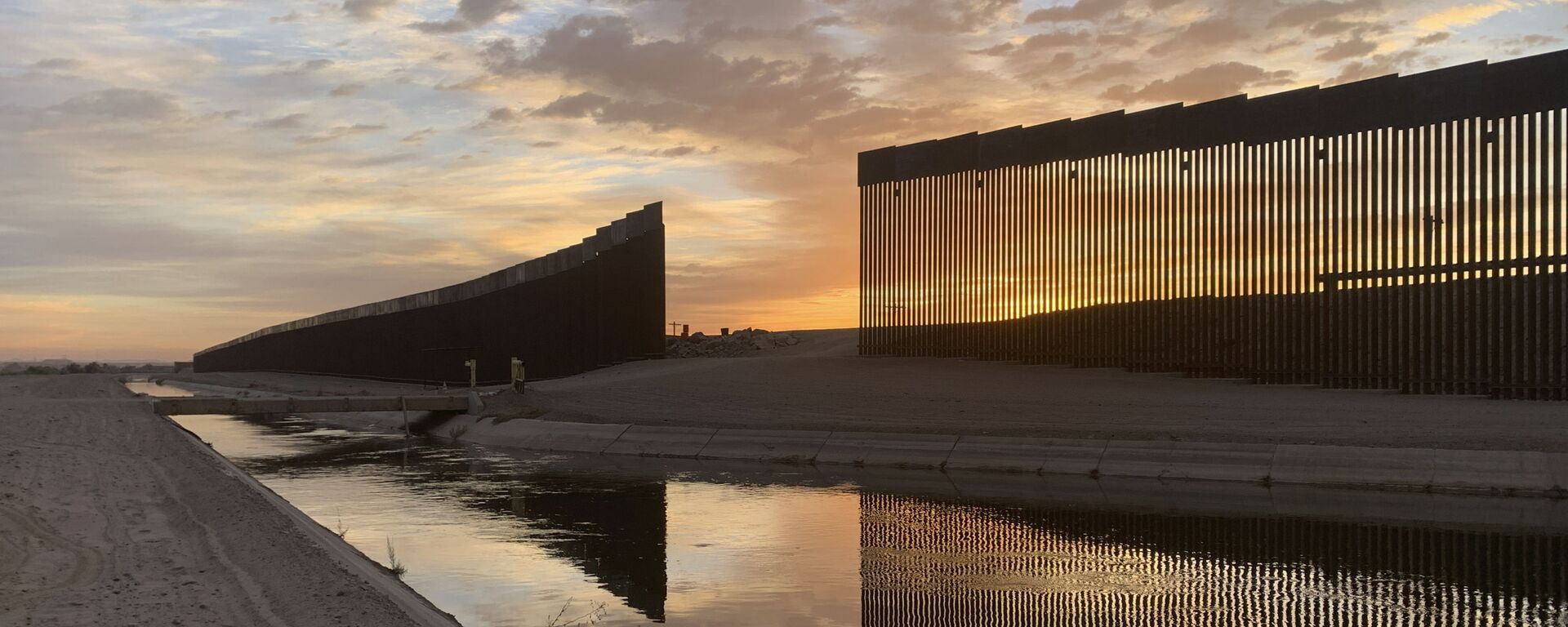The Texas Supreme Court ruled on Friday that if sex traffickers use Facebook to prey on children, the company can be held accountable, noting that the platform is not a "lawless no-man's-land."
"For the reasons explained below, we deny mandamus relief in part and grant it in part. The plaintiffs’ statutory human-trafficking claims may proceed, but their common-law claims for negligence, gross negligence, negligent undertaking, and products liability must be dismissed," the court ruling reads. However, the court stated that it "does not understand section 230 to 'create a lawless no-man’s-land on the Internet' in which states are powerless to impose liability on websites that knowingly or intentionally participate in the evil of online human trafficking."
Facebook's legal team has argued that it is protected by Section 230 of the Communications Decency Act, which states that Internet platforms are not accountable for third-party content uploaded on their sites.
"Holding internet platforms accountable for words or actions of their users is one thing, and the federal precedent uniformly dictates that section 230 does not allow it," the court found, according to the Chronicle. "Holding internet platforms accountable for their own misdeeds is quite another thing. This is particularly the case for human trafficking."
US Congress recently revised Section 230 to include the possibility of civil responsibility for websites that violate state and federal human trafficking statutes. As a result, US states may now be able to protect residents from internet businesses that engage in human trafficking either through action or inaction, no matter if they are unaware of it or do it deliberately.
Earlier this month, an investigation conducted by the non-profit Tech Transparency Project revealed that several Facebook profiles and groups publicly market illegal border crossings between the US and Mexico, including pricing, routes, discount options, and even videos and delighted clients' testimonials purporting to portray successful voyages. The organization suggested back then that the platform became a "one-stop shop" for human traffickers and Mexican drug cartels.
During the Trump administration, the GOP intensified criticism of Big Tech and particularly Section 230, which they believe unjustly allows Democrats to exercise political domination on social media platforms, contributing to what has been nicknamed "cancel culture."
Trump has recently called on other nations to follow Nigeria's example and ban Facebook and Twitter altogether for "not allowing free and open speech."
Following the US Capitol siege on January 6, congressional Democrats have demonstrated a bipartisan interest in tightening regulation of social media corporations and overhauling Section 230.
Section 230 reform might mean that Big Tech corporations like Facebook, Twitter, and Google will be held to stricter standards when it comes to what is going on on their platforms.



